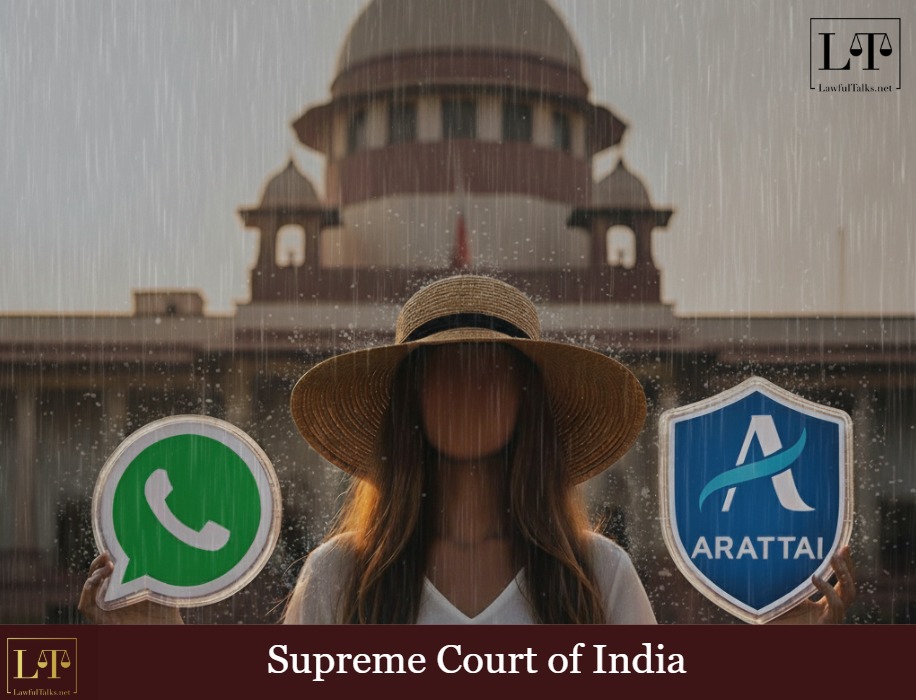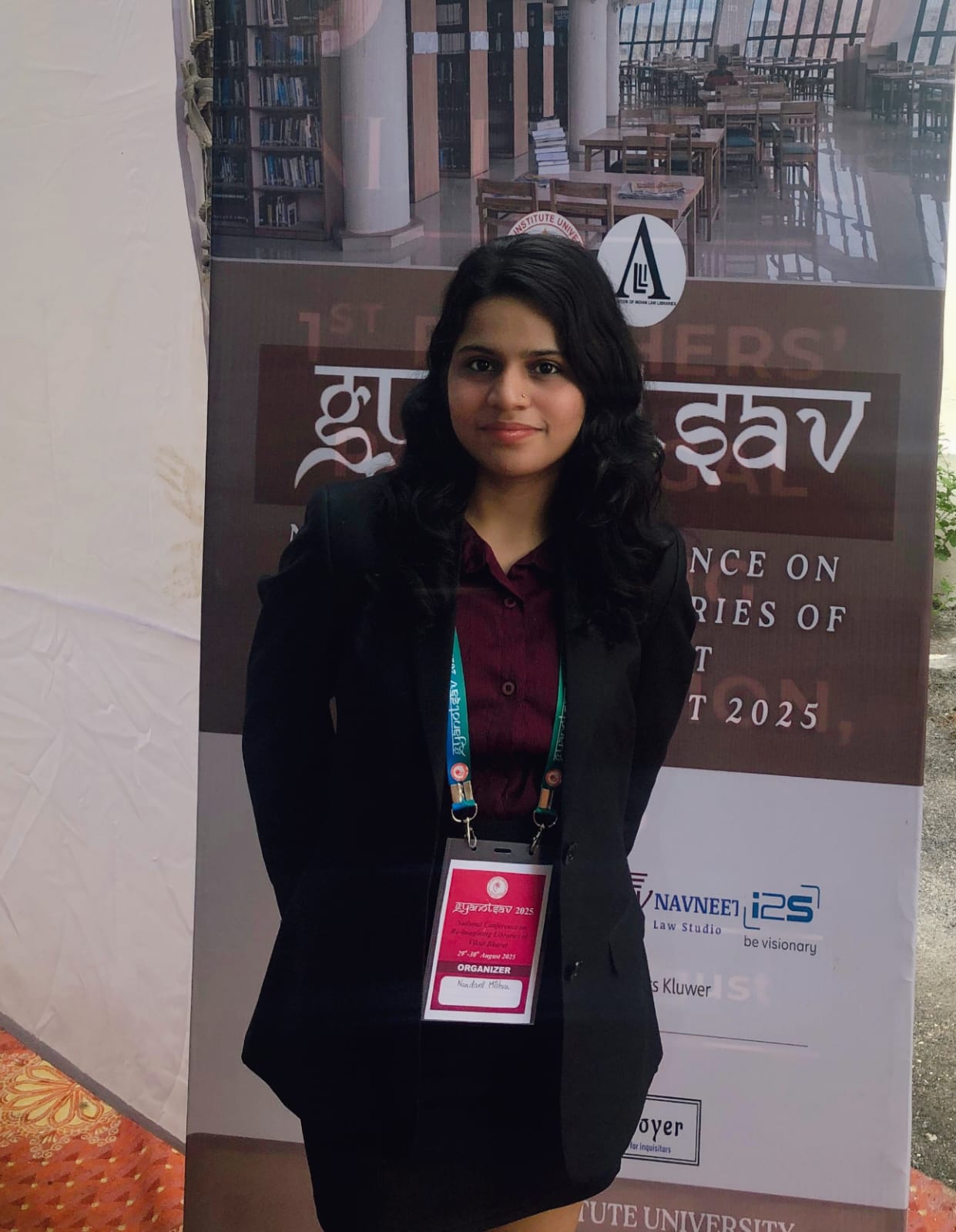Allahabad HC Sets Aside Afzal Ansari's Conviction, Allows Him to Continue as MP

In a recent development, the Supreme Court of India refused to entertain a plea seeking the restoration of a blocked WhatsApp account and the creation of uniform national rules for suspensions imposed by social media platforms.

A bench of Justice Vikram Nath and Justice Sandeep Mehta heard the matter and ultimately dismissed it as withdrawn, allowing the petitioner to explore other legal remedies.
Background:
The counsel representing the professional informed the court that their WhatsApp account, which had been used for client communications for over ten years, was abruptly blocked without any prior notice or explanation. The petitioner urged the Court to step in and direct the creation of guidelines ensuring due process, transparency, and proportionality in the actions of online intermediaries.
However, the Bench appeared unconvinced that such a plea could be entertained under Article 32 of the Constitution. Justice Sandeep Mehta questioned the very foundation of the petition, pointedly asking,
“What is your fundamental right to have access to WhatsApp?”
He went on to note that there are other means of communication available, suggesting pointedly,
“There are other applications; you can use them. Recently, there’s an indigenous app called Arattai, use that. Make in India!”
The Court noted that ‘Arattai’, developed by Zoho Corporation, is an Indian instant messaging platform offering similar functionality.
When Justice Vikram Nath asked why the account had been blocked, the counsel for petitioners replied that no prior notice was given, emphasizing the serious impact on her client’s professional life:
“Without giving me any opportunity, they have just blocked it. Everything has come to a standstill.”
This led the Bench to address the central legal question: could WhatsApp, a private company, be treated as a ‘State’ under constitutional law? When Justice Mehta posed this question, the counsel acknowledged,
“I would not call it a State.”
On that basis, the Court clarified that a writ petition would not be maintainable, not even before a High Court, and that the appropriate remedy would lie in a civil suit.
Refusing to issue any direction to WhatsApp for restoring the account, the Bench made it unequivocally clear that no individual has a fundamental right to use a specific private communication platform.
Case Title: DR. RAMAN KUNDRA AND ANR. Versus WHATSAPP LLC/ META PLATFORM AND ORS., W.P.(C) No. 932/2025

Nandani Mishra
Second Year, B.SC LLB, (cybersecurity) Hons, National law University
Latest Posts
Categories
- International News 19 Posts
- Supreme Court 390 Posts
- High Courts 383 Posts



















































































































































































































































































































































































































































































































































































































































































































































































































